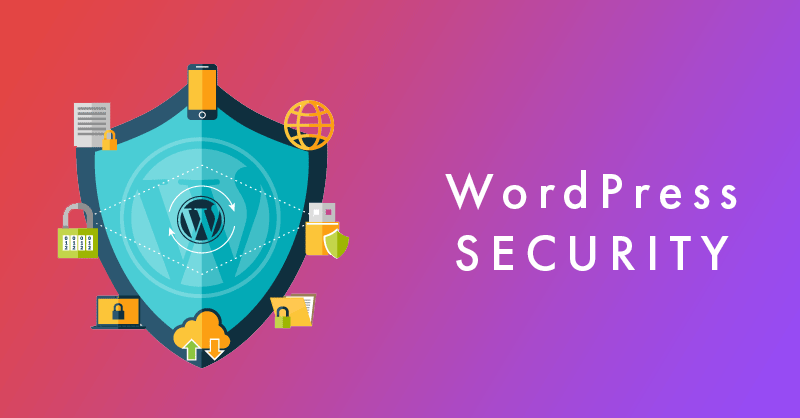
In 2016, Forbes wrote an article about how “WordPress Devoured the Internet”. They talked about the popularity of the CMS, and how it has expanded into a giant that powered over 75 million websites on the internet.
Now, in 2020, that number has shot up to 455 million! Occupying 35% of the market share of all the websites in the world, WordPress is now the Goliath of the CMS industry.
That said, it is not exempt from its share of criticism. The primary one being that it’s not secure.
If you’re a prospective individual looking to create a web presence with WordPress but are worried about its security issues, then don’t fret.
Keep on reading because, in this quick article, we’ll be going through several tips on how you can improve the security of your WordPress website.
Is WordPress Secure?
Before we begin our discussion, it is important to discuss that in order to use WordPress without running into security issues, you need to install a good security plugin with it.
While security plugins do have their importance, WordPress doesn’t let you rely solely on them. In fact, WordPress constantly releases new updates that are built on top of the vulnerabilities of their predecessors. Developers and webmasters, in turn, need to stay with the updates in order to run a security-optimized site.
The constant adherence to security and making the webmasters experience better is what differentiates WordPress from the rest.
Common WordPress Attacks
The Brute Force Attack:
In this method, hackers employ the use of bots (automated software programmed to hack) to attack your site and look for potential vulnerabilities. In technical terms, bots are basically coded snippets that try to gain access to your site and try to guess the combination of your login and password. The variations of passwords can be infinite.
Code Injection:
Also known as an SQL injection, named after the famous MySQL database. In this one, hackers access your database and inject malicious code onto it. Hackers usually gain access to the site’s database through poor password management or worse, through an easy combination of login details.
Spam attacks:
This one isn’t as dangerous as the two we’ve mentioned above, but are a serious threat to your site’s performance. You can see a spam attack if your site content has multiple links pointing to dodgy websites or you have thousands of unrelated comments on your site.
Protecting Your Site from Attacks
Keep Your Plugins Up-to-Date
The first, and most important step you can take to ensure the security of your site is to updates your plugins and WordPress installation as soon as an update is out. We've put this at number one because every time a plugin or WordPress installation is updated, it comes with new security updates.
Back Your Website Up
For this step, you can either install a security plugin for your site and its database. Another thing you can do is to perform a backup at the server level. Most hosting providers do promise regular backups, but it's always best to ensure backups in case your site gets hacked.
Install a Security Plugin
In this one, we would recommend you to install the WordFence security plugin for your site. This plugin comes with its fair share of recommendations to ensure that your site doesn't get hacked. Anything from blocked IP's, limiting login attempts,two-factor authentication, and security updates – you will get it from WordFence.
Change your Username
The default username of WordPress is "admin". Hackers know this and will try to use a combination of usernames and random passwords to gain access to your site. Try and ensure that your username is unique and cannot be accessed by any hacker.
Anti-spam plugin
Fortunately for you, WordPress comes with a built-in anti-spam plugin that helps you counterattack spam by removing spam comments from the comments section of your content.
Conclusion
In this article, we gave you a primer about the various security issues you can face with WordPress and how you can counter them. We feel that after reading this article, you will gain a better insight on how you can improve your site’s security.
If you want to build a site that’s fully-equipped with all the security modifications we’ve mentioned above and more, then try giving Codup.co’s WordPress Development Services a try.